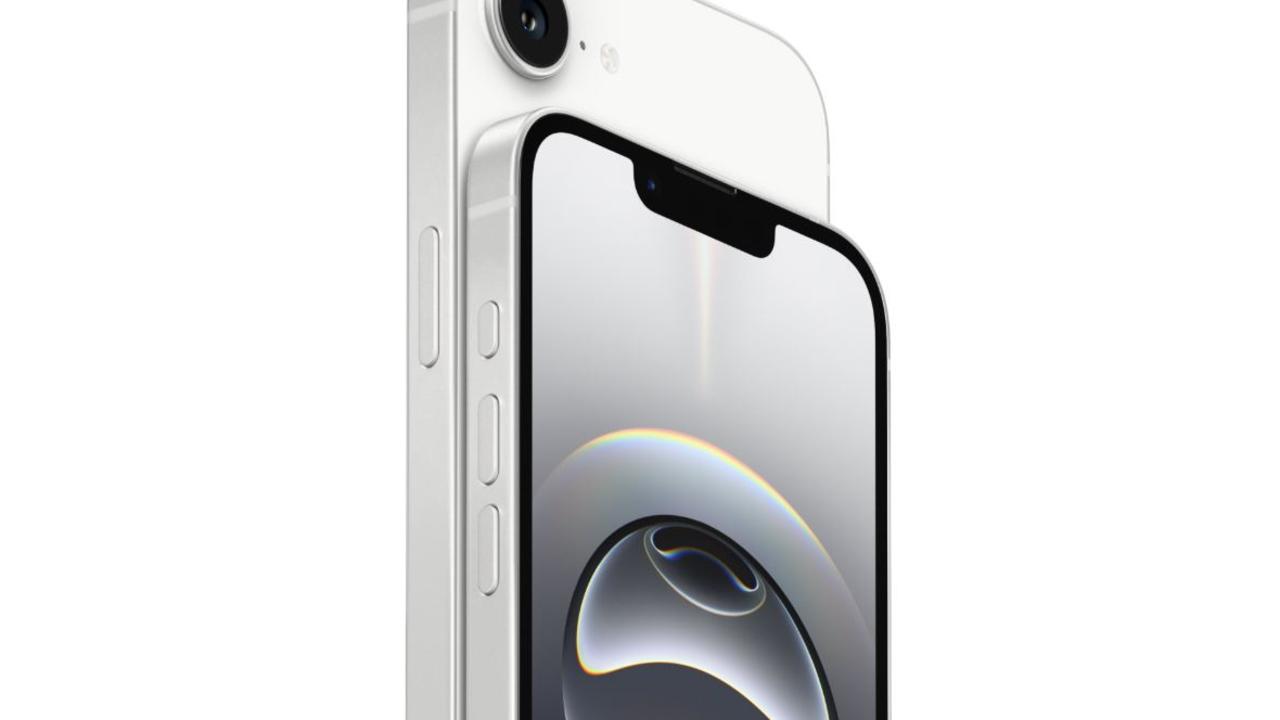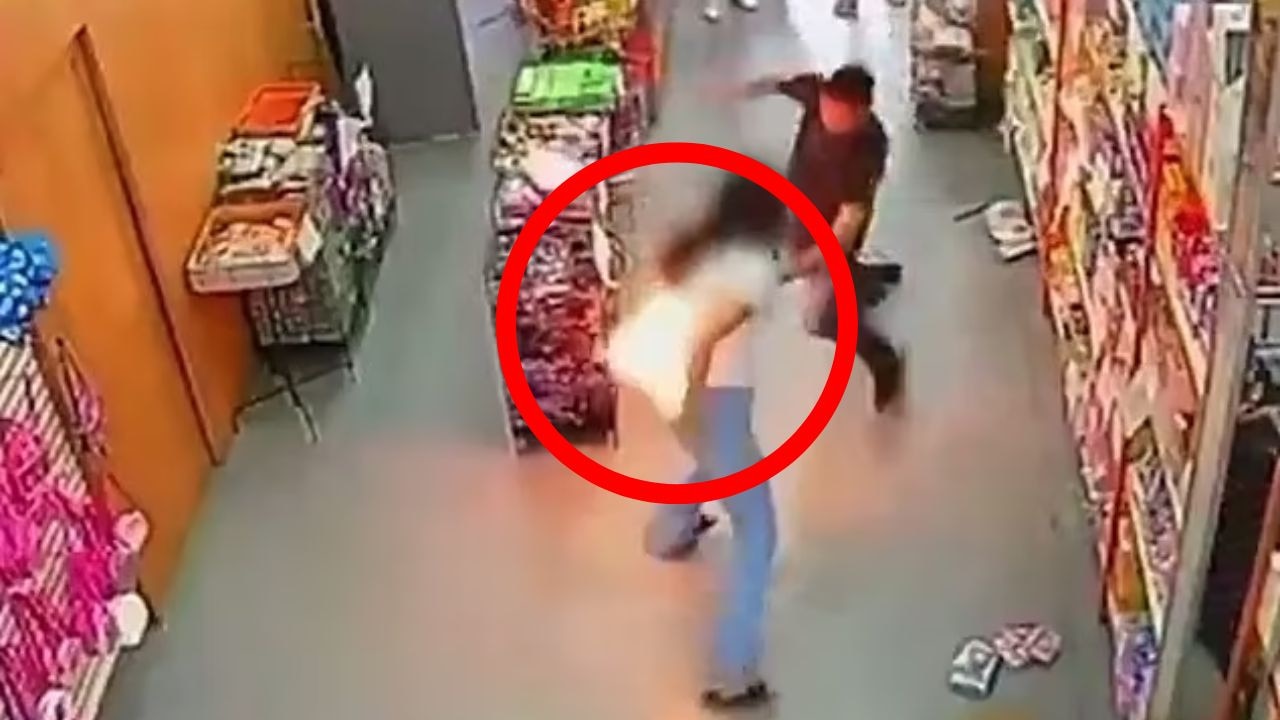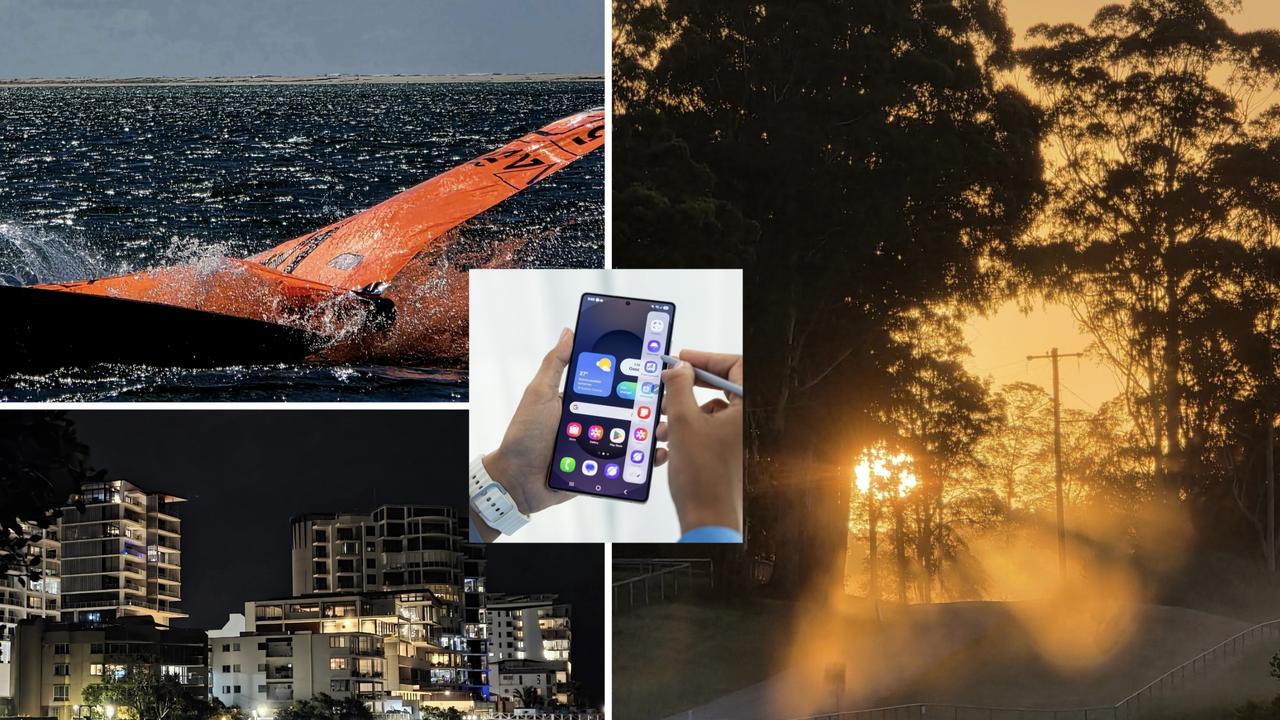Donald Trump reverses course on Huawei blacklist
The technology world was in shock when the US announced a sweeping ban on Huawei. Now it has suddenly changed course.
Huawei, one of the world’s biggest tech companies, has just had a major break thanks to a ceasefire declared at the G20 as China’s president met with Donald Trump.
The US President’s meeting with President Xi Jinping led to a breakthrough in the ongoing US-China trade war — Mr Trump announced no new tariffs would be levied on top of the $512 billion worth of goods already in place.
Significantly, Mr Trump also said he would now allow US companies to sell components to Chinese telecom giant Huawei again.
I had a great meeting with President Xi of China yesterday, far better than expected. I agreed not to increase the already existing Tariffs that we charge China while we continue to negotiate. China has agreed that, during the negotiation, they will begin purchasing large.....
— Donald J. Trump (@realDonaldTrump) June 29, 2019
Huawei, the world’s second largest smartphone maker behind Samsung and the largest telecommunications equipment manufacturer, was rocked by Mr Trump’s executive order — signed on May 15, which blocked US companies from buying equipment from companies deemed a national security risk.
The strict restrictions meant Google was barred from selling an Android licence to Huawei.
That led many to speculate new Huawei phones would not have access to Google apps like YouTube and Google Chrome — the world’s most popular apps — a deathblow to Huawei phones sales in Europe and the US.
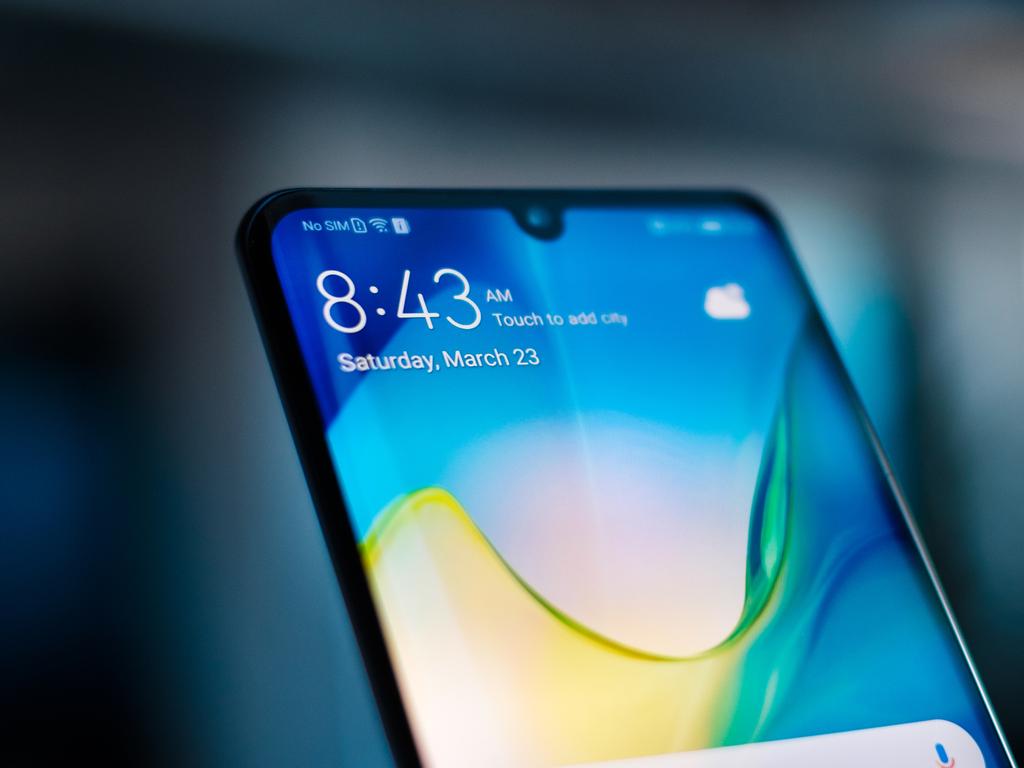
Its overseas smartphone unit sales dropped 40 per cent in the weeks immediately after Huawei was blacklisted, CNN reported.
The company said its 2019 revenue would be $30 billion below estimates due to the disruption caused by the ban, tech site Android Authority reported.
It’s unclear whether the softening of the ban extends to Huawei’s controversial 5G network proposals, but it almost certainly applies to Google and Android.
Mr Trump on Saturday announced American companies would “continue” to do business with the beleaguered tech giant.
But he said he was not yet willing to remove Huawei from a trade blacklist.
Mr Trump suggested his administration would review the company’s status on the so-called Entity List, which would clear the way for US firms to sell it some components.
The ban on Huawei was implemented over fears the Chinese government could force companies like Huawei to install backdoors in their equipment to spy on networks.
Huawei has denied those claims.
Australia has excluded Huawei equipment from its 5G network rollout over those concerns, and other countries, including the UK and Canada, are considering doing the same.
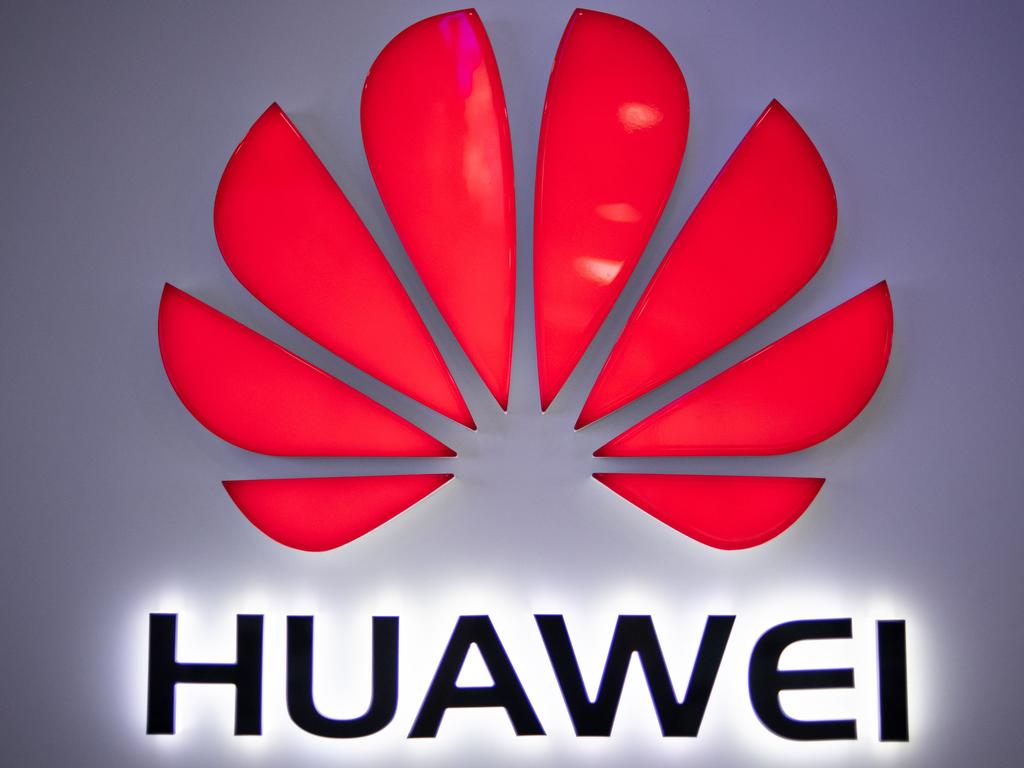
The company’s fate has become central in the ongoing US-China trade battle.
But Mr Trump said the company’s future would not be decided until the end of the trade talks.
He met with Mr Xi on Saturday but said the topic of Meng Wanzhou, a Huawei executive held in Canada at the request of the United States, was not discussed.
Mr Trump’s decision to relax the ban on Huawei attracted criticism domestically.
“Huawei is one of few potent levers we have to make China play fair on trade,” Senate Minority Leader Chuck Schumer said: “If President Trump backs off, as it appears he is doing, it will dramatically undercut our ability to change China’s unfair trades practices.”
President @realDonaldTrump: This is unacceptable. Why are you backing down again on China?
— Chuck Schumer (@SenSchumer) June 29, 2019
Huawei is one of few potent levers we have to make China play fair on trade.
This will dramatically undercut our ability to change China’s unfair trade practices. https://t.co/B99BbZ6LDG
Senator Marco Rubio called the decision a “catastrophic mistake”.
Speaking on NBC’s Meet the Press, Senator John Barrasso described Huawei as like a “Trojan horse ready to steal more information from us”.
The White House’s top economic adviser, Larry Kudlow, pushed back against the criticism.
“What’s happening now is simply a loosening up for general merchandise, maybe some additional licences from (the Department of) Commerce,” he said.
“It is not the last word. The last word is not going to come until the very end of the talks. This is a complicate matter.”
Huawei is yet to issue an official statement on the matter.
Continue the conversation with Andrew Backhouse on Twitter


